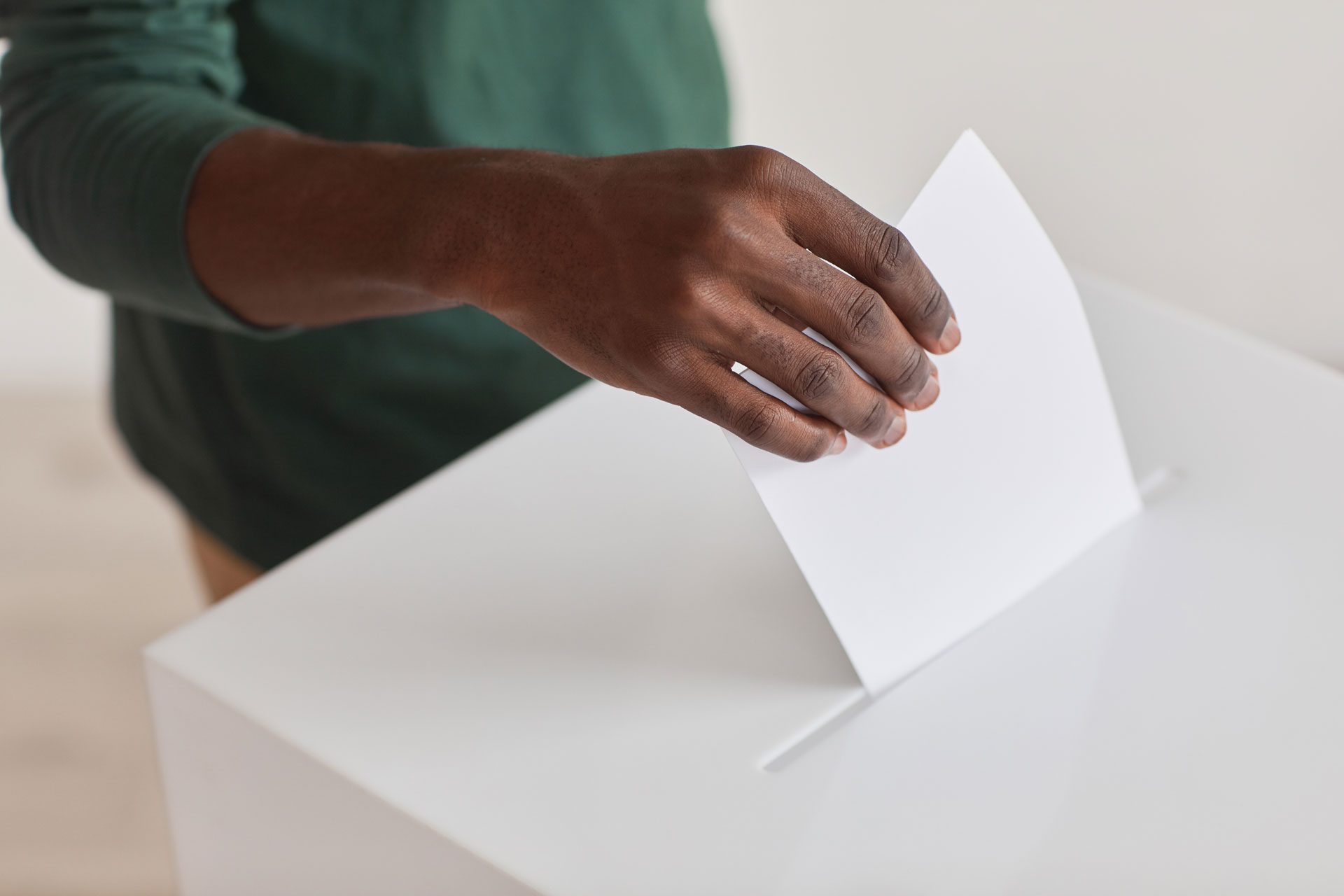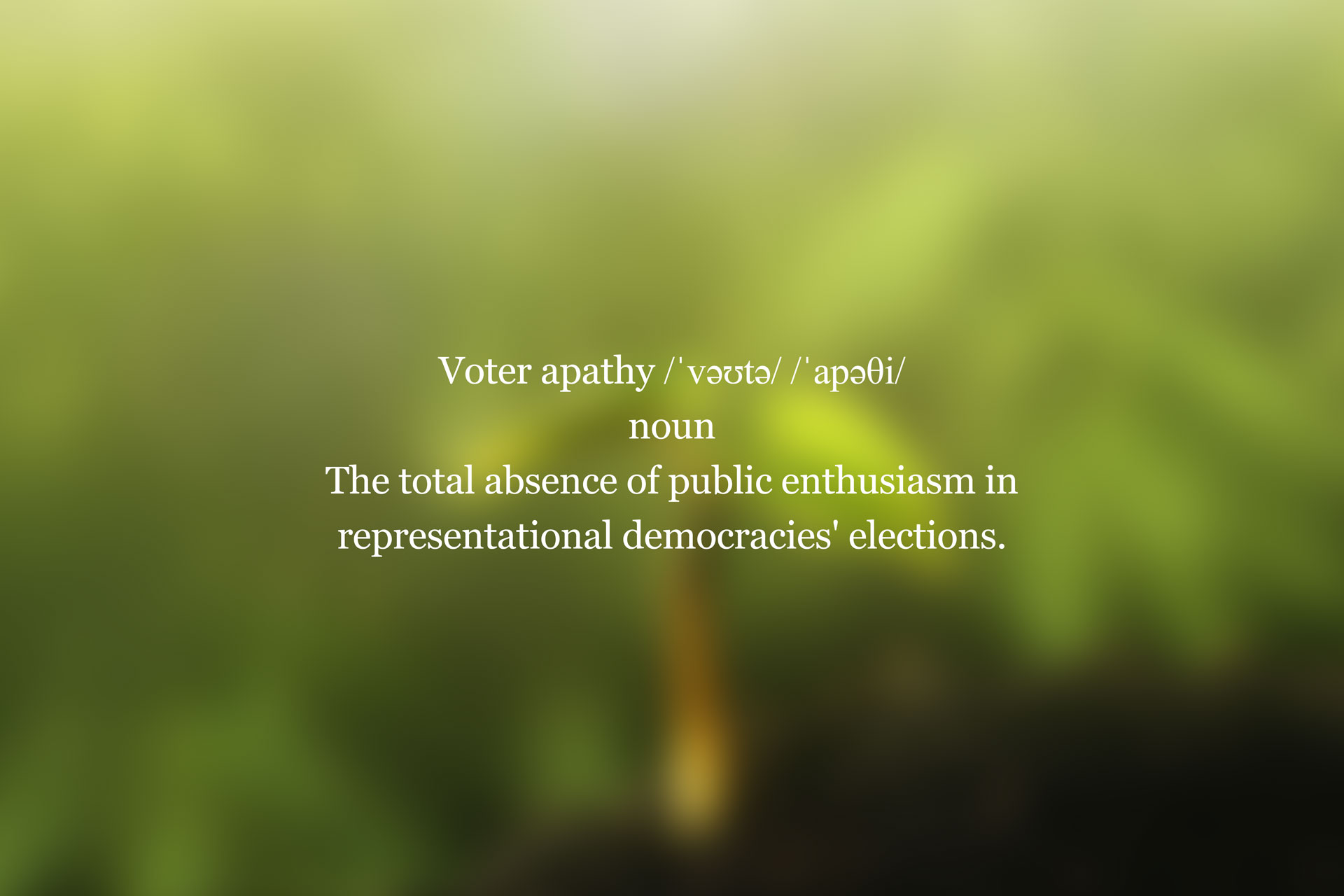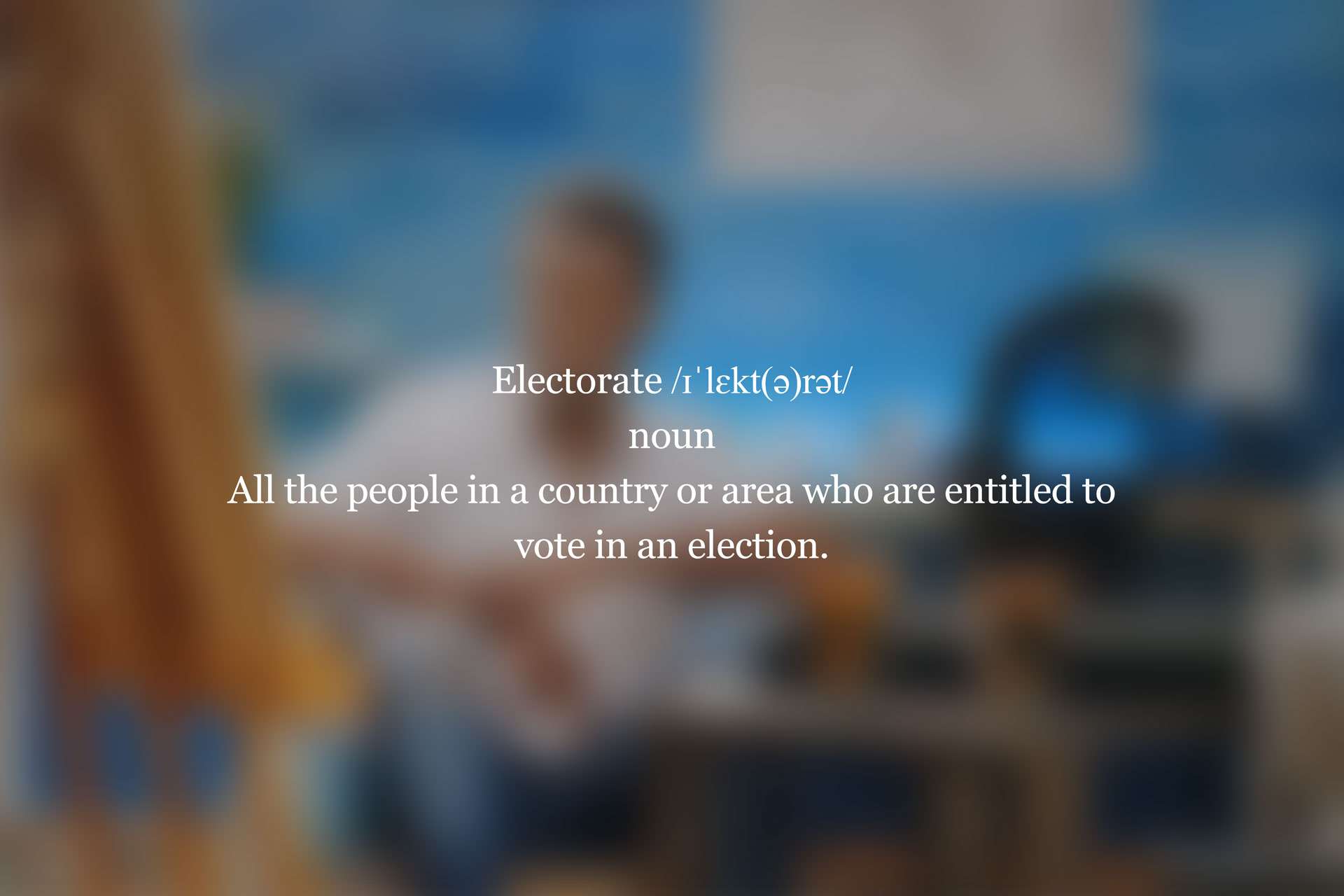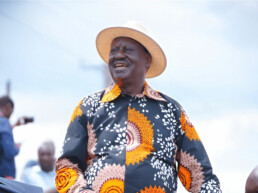7th August 2022.
1620hrs. T-2 Days to the 2022 General Elections in Kenya.
I’ve just arrived in Meru.
The weather is gloomy, the sky mostly cloudy, and the cold… Oh! The cold! I’ve come home to exercise my democratic right to vote. On WHETHER I will vote, leave alone WHO I will vote for, is unbeknownst to me.
We are but 2 days shy from the General elections in Kenya slated to be held from August 9th 2022. The preceding campaigns have been described as ‘The longest in the country’s history; having run over a span of 4 long years.
Four years!
World over, Kenyans are known for their… what’s the word…?…
Shrewdness.
Yes, Shrewdness.
There is a certain quickness of mind and wit that Kenyans are known to have. Whether it comes about by virtue of our public educational system is controversial.
My fellow Kenyans, we seem to have lost said shrewdness.
How else can we explain a 4-year-long campaign season out of the constitutional 5-year elective term?
Do not beat the drums of war unless you are ready for a fight. -African proverb
Vision 2030
The late retired president, President Emilio Stanley Mwai Kibaki launched an initiative dubbed “Vision 2030” on 10th June 2008. The developmental scheme entailed a series of medium-term plans, each of whose duration is 5 years. The goal is that by 2030, Kenya will have become an economically advanced and industrialized middle-income country. The project’s current phase was set to run from 2018 to 2023.
Can we afford 4 years of politicking out of the five?
There is an African proverb that says, “Do not beat the drums of war unless you are ready for a fight”. We started beating the drums of war prematurely. The general feeling is that these elections are long overdue. From the noisy political taverns mostly broadcasting irritatingly loud music with gyrating dancers on board; to the juvenile political hullabaloo, our leaders have ever so generously treated us to.
Let’s just get this circus over with.

8th August 2022
2305hrs
Voter Apathy or Something Else?
Voter apathy /ˈvəʊtə/ /ˈapəθi/
noun
The total absence of public enthusiasm in representational democracies’ elections.
Kenya’s voter disenchantment is at an all-time high; notably so among the youth. Civil societies report that voting has not demonstrated itself to young Kenyans as an efficient mechanism to create lasting change. The blanket reason often given in regards to the lack of enthusiasm towards voting is that the youths are uninterested and unengaged from their immediate political environment: yet in actuality, it is that they are interested but disengaged from it.
It would be extremely naïve of us to confuse voter apathy for lack of patriotism. On the contrary, seemingly apathetic voters are indeed interested in participating in their civic duty but are put off by the options of leaders presented.
Participation in Kenyan Elections
The chasm between the political and the non-political class in Kenya is drastic. Thus, they see no need to vote in elections. There is a failure to address the reasons behind people’s lack thereof participation. The patronizing notion that non-voters are ignorant, pay no mind to politics or are just not aware of contemporary issues as they otherwise should: is ill-advised.
Elections in Kenya tend to be incredibly exploitative, with leaders only interacting with the public when they need them to cast a ballot. The growing attitude towards polling is that it is a delusion of choice.
Voting is the extent of civic engagement in the country where we live. However, an assessment by the National Cohesion and Integration Commission reports only 26% public confidence in Kenya’s voting system. A generation of Kenyans suffering from inflationary pressures, chronic corruption, and joblessness have few reasons for optimism.
And so they ask, why should I vote?
9TH August 2022
0852hrs
Najivunia kuwa Mkenya.
patriotism /ˈpeɪtrɪətɪz(ə)m/ noun: The quality of being patriotic; devotion to and vigorous support for one’s country.
Life update: I voted.
1969: First General Elections in Kenya
The first general elections held in the Republic of Kenya were on 6th December 1969. Kenya being a de facto one-party state at the time, voters’ options were limited to one party: the Kenya African National Union (KANU). Prior to this, suffrage was not extended to native Kenyans. Have Kenyans succeeded in establishing the liberal democracies for which they laid down their lives during the height of the fight for emancipation (particularly between 1952 and 1960)? I think not. This might be attributed to the state’s lack of experience with participative government as a result of having just recently ended a protracted era of colonial administration.
Democratization
The objective of imperial conquest was to dismantle African sovereignty. To retain control over specific geographic areas, colonial masters employed the divide and conquer strategy that fanned ethnic enmities. As a result, post-colonial countries were comprised of non-uniform cultures and ethnicities. The only unifying motive among the indigenous people was to expel colonialists from their countries and re-establish self-governance. The ‘how’ was to be figured out later with time. However, cultural disparities, long-standing tribalism, and competition for riches, influence, and material prosperity made for a far from perfect setting for the introduction of democratization.
Slow Progress
Since Liberal western civilizations grew over many centuries from feudal European and Commonwealth frameworks, African democratization has consequently emerged in a completely dissimilar setting from those societies. Generations will pass before African countries develop and truly embrace unadulterated patriotic principles.
Despite the fact that the topic may be approached in a wider context, I regard electioneering as an important element in maintaining democratic integrity. It dawned on me that voter indifference undermines the ability of the populace to express their will and weakens civic engagement. Further, it nurtures apathetic regimes that have lax accountability and complacent administration. Therefore, it is crucial that every Kenyan cast a vote on such subjects in order to clearly understand the public’s intent. Hence my decision to vote
 To the Kenyan youth:
To the Kenyan youth:
Voter indifference provides an unreliable appraisal of popular sentiment, which implies that the Kenyan government will not be entirely representational of the public view. Electorate detatchment may be a result of the abysmal performance of elected officials throughout the country, but it does not constitute a compelling excuse not to cast a ballot. Instead, it implies an absence of understanding of the authority conferred in a single vote.
Faults of voter apathy
In his academic journal, Allan Bukusi argues that the disengaged voter causes the following core issues with democratic representation:
a) The representativeness of election results is compromised by the absentee vote, which is a vote not cast.
b) A vote that is cast haphazardly or without appropriate regard for the greater good will divert attention from the public interest.
c) An uncast vote has no power. It offers no concrete direction to the will of the people.
Kenyan youth are under the impression that they can simply ignore the situation away. Conversely, the state of affairs will only get worse if left unaddressed. Representative democracy can only be effective via the participation of the masses. The masses primarily consists of the youth demographic as they make up the majority of the Kenyan population. Recognizing that our democracy is young, and hence prone to mistakes is imperative. Granted, criticizing contemporary governments is critical. However, remember it is easier to criticize than create. Change is not instantaneous; it is a work in progress. Unless we put in the work, we risk stagnation.
What next?
The next step is to, among other things, constantly monitor the ruling class’s excesses, advocate for good governance at all times, take on dangerous whistleblower roles in the face of any abuses of power against the populace, and remain true patriots to our country.
Aluta Continua!
Related Reading: For many young Kenyans, refusing to vote is not a result of disinterest or indifference or even ignorance. It is instead a political choice.
Shalom Kendi Mbae
A Writer. A Pan-African. A Conversationalist.
Words are to me what numbers are to a mathematician.
This little light of mine, I'm going to let it shine.
2 Comments
Comments are closed.






The youth of this country do not really understand the authority one vote holds. Great piece.
“Can we afford 4 years of politicking out of the five? ”
Its a 24/7 5 years political climate in Kenya…you can’t just agree to be in the chaos